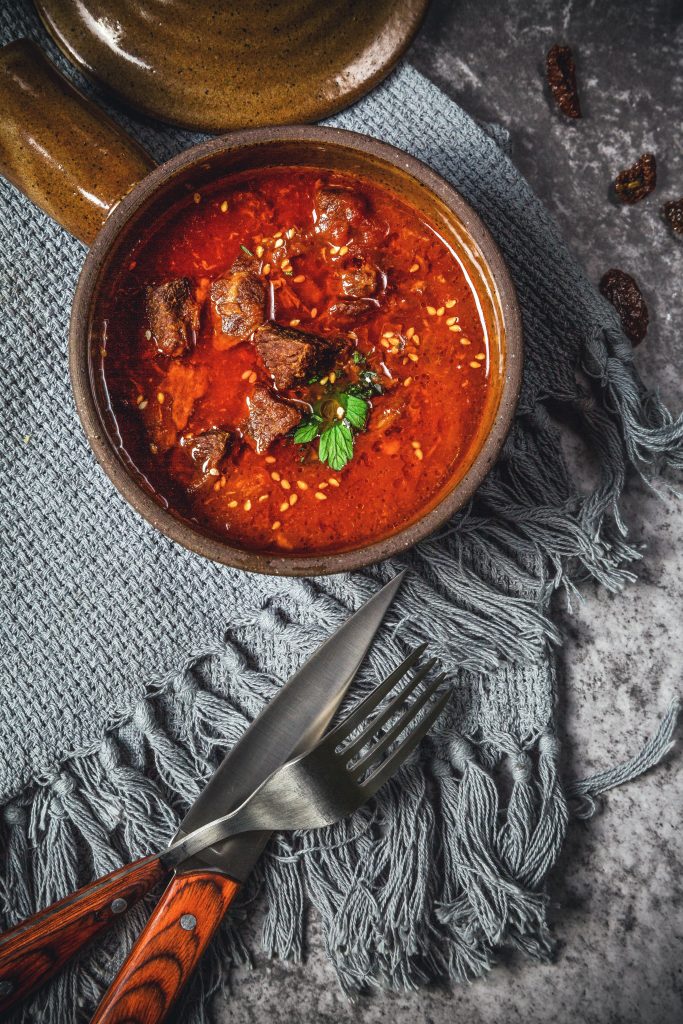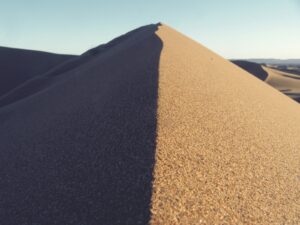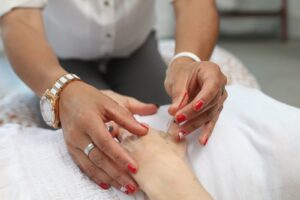Subscribe to the Newsletter
If you are interested in understanding how Traditional Chinese Medicine can improve your life sign up to my newsletter for the latest updates.

Yang Excess, like Yin Excess, describes a state our bodies reach when trying to change or overcome something with power. Often it produces heat and inflammation.
It can be a moment of jubilation, but in Chinese medicine it represents a powerful push to deal with an intolerable situation.
Words that describe Yang and in some cases excess Yang include:
As you can see, they cover quite a range! Also, none of them lasts long, or not very long. The body – and mind – can’t maintain Yang excess for long: it’s exhausting!
But the theory says that if the symptoms of yang excess do their job, there will be a change to a more satisfactory situation, no matter how pleasurable or painful the actual moment of yang excess was.
The theory also explains that yang excess transforms into symptoms of yin.
After …
Of course, if the situation cannot resolve in those ways, and yang excess continues, then it leads ultimately to destruction, exhaustion, death.
Think of …
Since this site is more about physical than spiritual or mental matters, it tends to concentrate on physical causes of disease. But emotional matters can strongly affect how your body reacts – see what happened to me further down the page.
Mostly, excess Yang is accompanied by Heat.

This is where what are called ‘pathogenic factors’ over time or when treated the wrong way turn into Heat.
For example, wind, cold, dryness, damp, all of which are pathogenic factors that can be of external or internal form, can all turn into heat as the body tries to resolve the challenges they pose. (If you didn’t click on the links to wind, cold, dryness and damp, you’ll have missed out on how Chinese medicine explains our reactions to the bugs we catch.)
Why? Because your body strives to clear them by ‘turning on’ its full power, in combat as it were. Of course this can also happen by mistake as a result of medication or in reaction to other treatment. But your body’s basic design is to produce inflammation.
If the pathogenic factor is external, it’s easier to see this process and to understand it: inflammation and itch, for example.
Children and young healthy adults can often produce high fever in reaction to even mild ‘bugs’ such as colds or coughs (classified as, for example, Wind Heat or Wind Cold in Chinese medicine).
Their bodies, exuberant with energy, ‘pile’ into the invader without hesitation: sometimes to the alarm of parents, because the fevers produced can rapidly go very high.
The wrong diet/nutrition can set the process off.
For example, someone who eats too much hot-type food (usually this is spicy, fatty and meaty food, lacking compensatory cool foods like vegetables and fruit).
Or someone keen on alcohol (which is also heating), can begin to produce symptoms of heat, ie inflammations such as eczema or a hot rash.

If they keep eating the wrong foods, their diet will ultimately affect their behaviour, leading towards what you might call a kind of mania: certainly rather excitable behaviour, often unreasonable and irritable.
In turn, their body’s habitual ‘heat’ makes them more susceptible to Hot, Yang excess, disease.
Emotions. Who would have thought that emotions can be so heating, but they can!
If you are healthy and balanced, your body will exteriorise the symptoms.
That means that if the cause is a relationship or situation, you’ll deal with it assertively, leading to effective changes.
If your body has produced symptoms, those will also be externalised as a rash or a fever, or eczema or some other sign of heat such as offensive and urgent bowel movements.
These can be embarrassing and unwelcome, but this is how your body is designed: to keep the problem as far from the centre as possible. You don’t want a rash on your liver organ!
If your body can’t exteriorise the problem, either because of impossible circumstances, or because of infirmity or age, then the Yang Excess will start to interfere with your Zangfu organs. Then you can get something approaching auto-immune type disease – but usually this will start off as one of a number of zangfu syndromes.
Symptoms common to all kinds of excess Yang are:

So, if you notice any of these happening, head for your nearest experienced acupuncturist! Or seek help from someone who can give you objective and helpful advice.
Remember, it’s all too easy to get medication from your doctor, or over-the-counter. Taking medication to quell Yang Excess is not a good idea, except in absolute emergencies. Modern medicine’s medication is often suppressive – it’s supposed to be! But crushing the yang excess of an angry child does little good in the long run: it just forces the problem to a deeper level, where disease begins.
Also, do realise that medicines have primary and secondary actions. Of course, any form of medicine has this, including Chinese herbal medicine, but with the latter the secondary actions are utilised and ‘guided’ with ancillary or ‘assistant’ herbs.
And if you wonder about homoeopathy, in many ways it’s the secondary action of the ‘remedy’ that is curative, so is actually necessary – this is unique to homoeopathy. This is because the primary action of the remedy is to match or exaggerate the symptoms (“Similia Similibus Curantur” – ‘Like Affections are cured by their Similars’). The secondary action is the body’s response to the remedy’s action, working in the opposite direction, towards health.
So do read our page on Suppression. For some Yang Excess situations you may be overwhelming what little yang you have!
If you would like to know more about yang energy, I invite you to read my book on the subject: “Yang Deficiency – Get Your Fire Burning Again“. Although its title is ‘Yang Deficiency‘ you’ll get a much better idea of what it’s all about than from this page.
You should also see a link to it in the column at right, or below.

Stay in Touch!
No spam, only notifications about new articles and updates.

Book a Video consultation if you want to know more about your symptoms

This Introductory Chinese medicine course introduces you to the amazing thinking behind this ancient medicine, now increasingly in demand.

The Scottish College for Chinese medicine provides introductory courses for all, explaining Chinese medicine and its cultural background.

Master Tung’s acupuncture is a hidden treasure, lost to China but recovered in Taiwan from where it spread round the world.

Knee pain has five main causes. It’s certainly worth trying acupuncture before you resort to surgery!
Subscribe to the Newsletter
If you are interested in understanding how Traditional Chinese Medicine can improve your life sign up to my newsletter for the latest updates.
Subscribe to the Newsletter
If you are interested in understanding how Traditional Chinese Medicine can improve your life sign up to my newsletter for the latest updates.